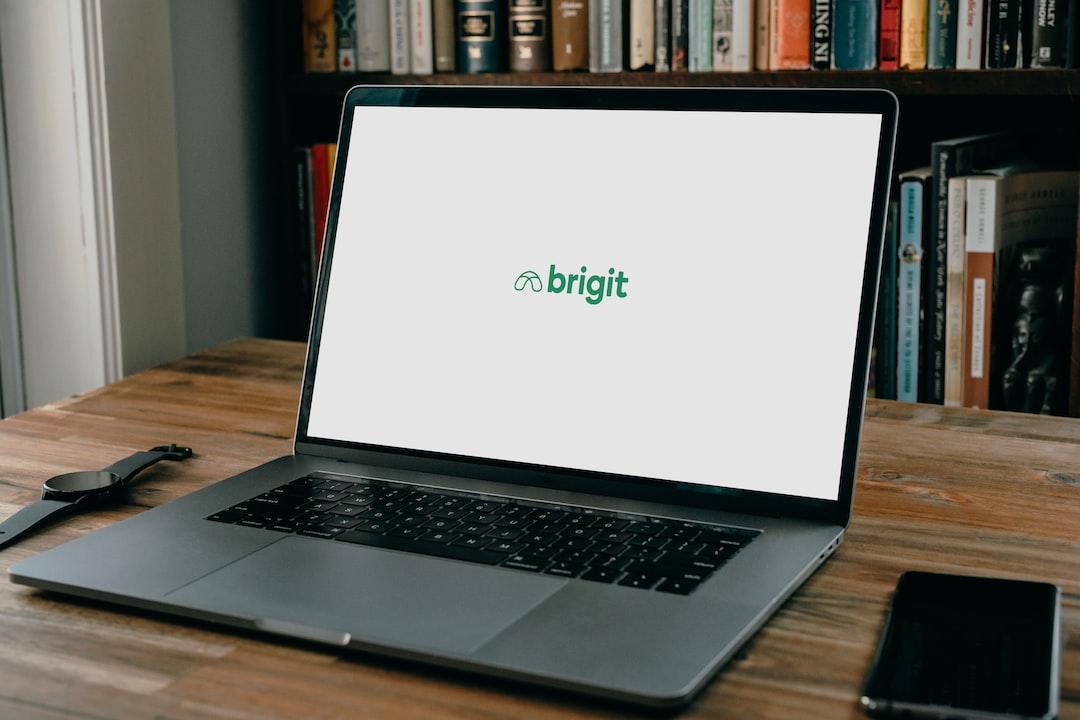The Central Bank of the United Arab Emirates (CBUAE) board of directors has given the green light for the introduction of a new framework to regulate and authorize stablecoins.
During a session in Abu Dhabi, the board discussed various initiatives as part of the government’s financial infrastructure transformation (FIT) program. The primary goal of this program is to enhance digital transactions, promote the country’s digital economy, and encourage innovation.
Chaired by UAE Vice President and CBUAE Chairman Sheikh Mansour bin Zayed Al Nahyan, the meeting was attended by Deputy Chairmen Abdulrahman Saleh Al Saleh and Jassem Mohammad Al Zaabi, CBUAE Governor Khaled Mohamed Balama, and other members of the central bank’s board.
In the meeting, the board officially approved the implementation of regulations for overseeing and authorizing stablecoins. Kokila Alagh, founder of KARM Legal Consultants, explained in an interview with local media Unlock Blockchain that these regulations outline the procedures for issuing, authorizing, and monitoring dirham-backed payment tokens.
Furthermore, Alagh stated that payment tokens must be backed by UAE dirhams exclusively and should not be tied to any other currencies, digital assets, or algorithms. She emphasized that businesses and service providers are only allowed to accept dirham-backed tokens and no other virtual assets.
In addition to the stablecoin licensing approval, the meeting also touched upon various projects under the FIT program. Earlier this year, on February 13, the CBUAE announced its plans to introduce a central bank digital currency (CBDC) as part of this initiative.
The introduction of a CBDC is intended to address inefficiencies in cross-border payments and drive innovation in domestic payments. By issuing a CBDC, the UAE aims to strengthen its position as a financial and digital payments hub.
In a related development, the Dubai Financial Services Authority (DFSA) recently updated its regulations concerning stablecoin recognition. The new criteria, introduced on June 3, allow for the recognition of additional stablecoins.
Currently, the DFSA recognizes a limited number of crypto tokens, including Bitcoin (BTC), Ether (ETH), Litecoin (LTC), XRP (XRP), and Toncoin (TON). This means that funds within the DIFC are restricted from investing in any other tokens beyond these five recognized crypto assets.
However, with the revised token regime, the DFSA now permits investments in unrecognized crypto tokens as long as the investment does not exceed 10% of the funds’ gross asset value.
For more insights into the crypto landscape in Dubai, check out the Crypto City: Guide to Dubai magazine.

